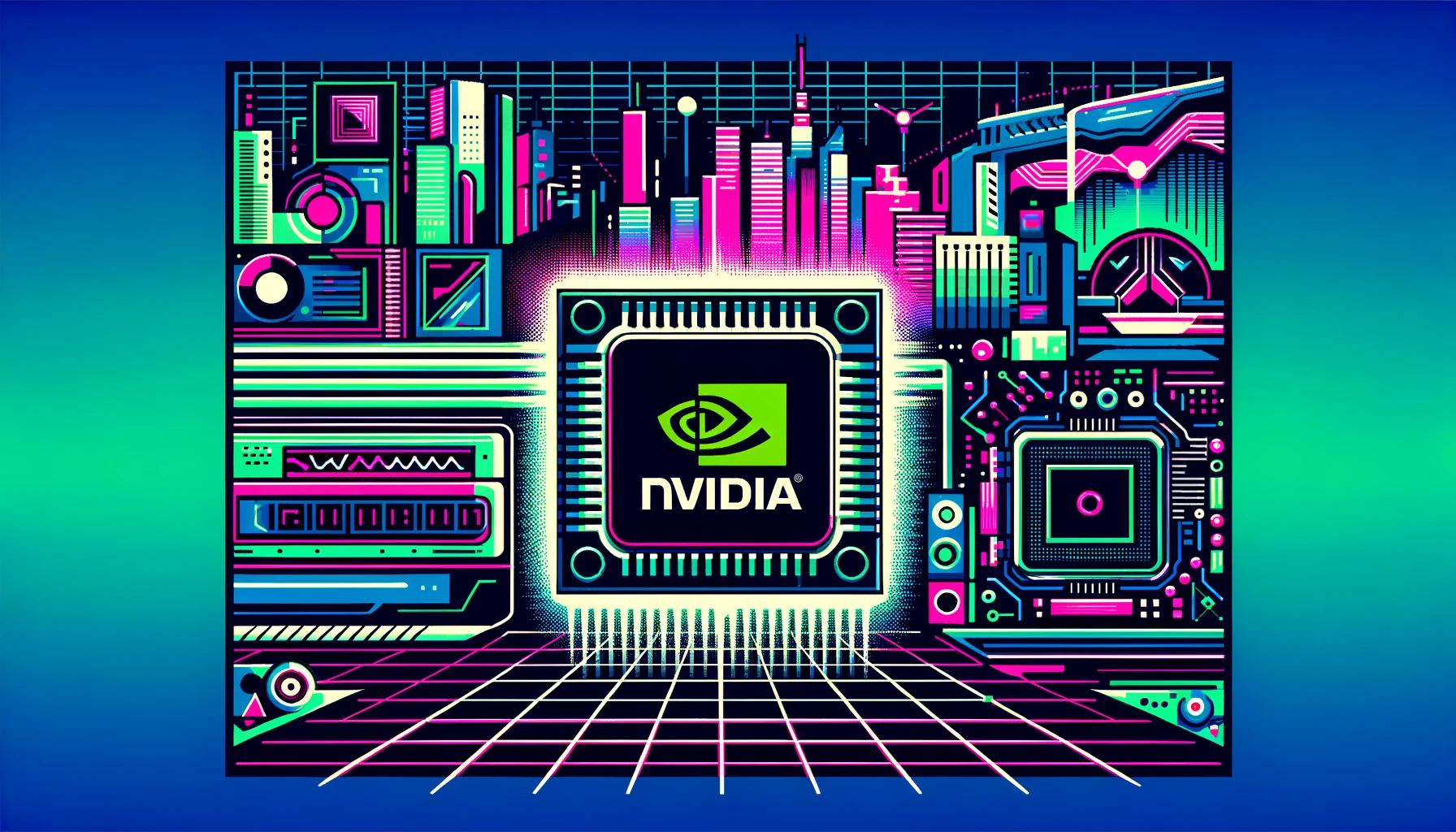
Nvidia has unveiled groundbreaking products and plans to accelerate the advance of artificial intelligence (AI), marking the beginning of what CEO Jensen Huang calls “the next Industrial Revolution.”
Speaking to a packed stadium at National Taiwan University’s sports center on Sunday, Huang, the CEO of Nvidia, emphasized the company’s pivotal role in shaping the future of AI. His appearance at Computex, Taiwan’s leading tech expo, was highly anticipated, drawing significant media and public interest due to Nvidia’s dominance in the AI hardware sector.
Jensen Huang, who enjoys celebrity status in his native Taiwan, was joined by the CEOs of major semiconductor companies, including AMD, Intel, and Qualcomm, at Computex. The agenda was clear: the tech industry is gearing up for an AI-driven future.
- Nvidia ACE Generative AI: This new technology can create lifelike human avatars, revolutionizing industries such as customer support.
- AI Factories: Huang highlighted the transition of traditional data centers to AI factories, capable of producing AI as a commodity.
- Collaborations: Top tech companies like Foxconn and Siemens are using Nvidia’s platforms for developing AI-powered autonomous robots.
- Future Roadmap: Nvidia plans to release an “ultra” version of its Blackwell platform in 2025 and teased a next-generation GPU architecture, codenamed Rubin.
Huang’s keynote, lasting nearly two hours, painted a future where almost every interaction with the internet or computers would involve generative AI running in the cloud. He also praised Taiwan’s advanced semiconductor industry, underscoring its crucial role in global technology production.
“Taiwan is the home of our treasured partners,” Huang said. “This is where everything Nvidia does begins, and together, we take it to the world. Taiwan and our partnership have created the world’s AI infrastructure.”
In addition to Huang, other tech industry leaders are set to speak at Computex. Lisa Su of AMD and Qualcomm’s Cristiano Amon are expected to deliver keynote speeches, outlining their companies’ AI strategies. Intel’s Pat Gelsinger and Arm’s Rene Haas will also share their visions at the event.
AMD’s Keynote: Lisa Su is anticipated to discuss AMD’s competitive edge in AI technology. Qualcomm’s Showcase: Cristiano Amon will highlight AI-accelerated experiences in next-generation PCs.
| Announcement | Description |
|---|---|
| Nvidia ACE Generative AI | Creates lifelike human avatars for various industries |
| AI Factories | Transitioning traditional data centers to AI factories |
| Blackwell Ultra Platform | Planned release in 2025 |
| Rubin GPU Architecture | Teased as the next-generation technology |
- Shift from traditional data centers to AI factories.
- Foxconn and Siemens using Nvidia’s AI platforms.
- Announcement of Blackwell Ultra and Rubin GPU.
- Emphasis on Taiwan’s role in AI infrastructure.
Taiwan’s semiconductor industry is vital to the production of cutting-edge technology, from smartphones to AI servers. Companies like Foxconn, traditionally focused on contract electronics for giants like Apple, have pivoted to AI hardware production. Foxconn’s CEO, Young Liu, revealed that the company’s market share for AI servers would grow to 40% this year.
However, Taiwan’s prominence in the global supply chain has raised concerns due to its tense relationship with China. Taiwan, although self-ruled, is claimed by China, which has not ruled out the use of force to bring the island under its control. The geopolitical tensions have led to large-scale military exercises by China, simulating blockades around Taiwan.
Huang’s keynote set the tone for a future dominated by AI, with Nvidia at the forefront. The company’s rapid innovation cycle promises new GPU products annually, reinforcing its leadership in the tech industry.
The focus on AI at Computex underscores the tech world’s commitment to integrating AI into various sectors, from consumer electronics to industrial applications. As companies like Nvidia, AMD, and Qualcomm continue to push the boundaries of AI, the next Industrial Revolution is well underway.
The advancements announced at Computex highlight not only the technological prowess of these companies but also the strategic importance of Taiwan in the global tech landscape. With its advanced semiconductor manufacturing capabilities, Taiwan remains a linchpin in the development and deployment of AI technologies.
In conclusion, Nvidia’s announcements at Computex mark a significant milestone in the evolution of AI. As the company continues to innovate and collaborate with industry leaders, the vision of an AI-driven future becomes increasingly tangible. The combination of cutting-edge technology and strategic partnerships positions Nvidia as a central player in the ongoing transformation of the tech industry.
Related News:
Featured Image courtesy of DALL-E by ChatGPT
